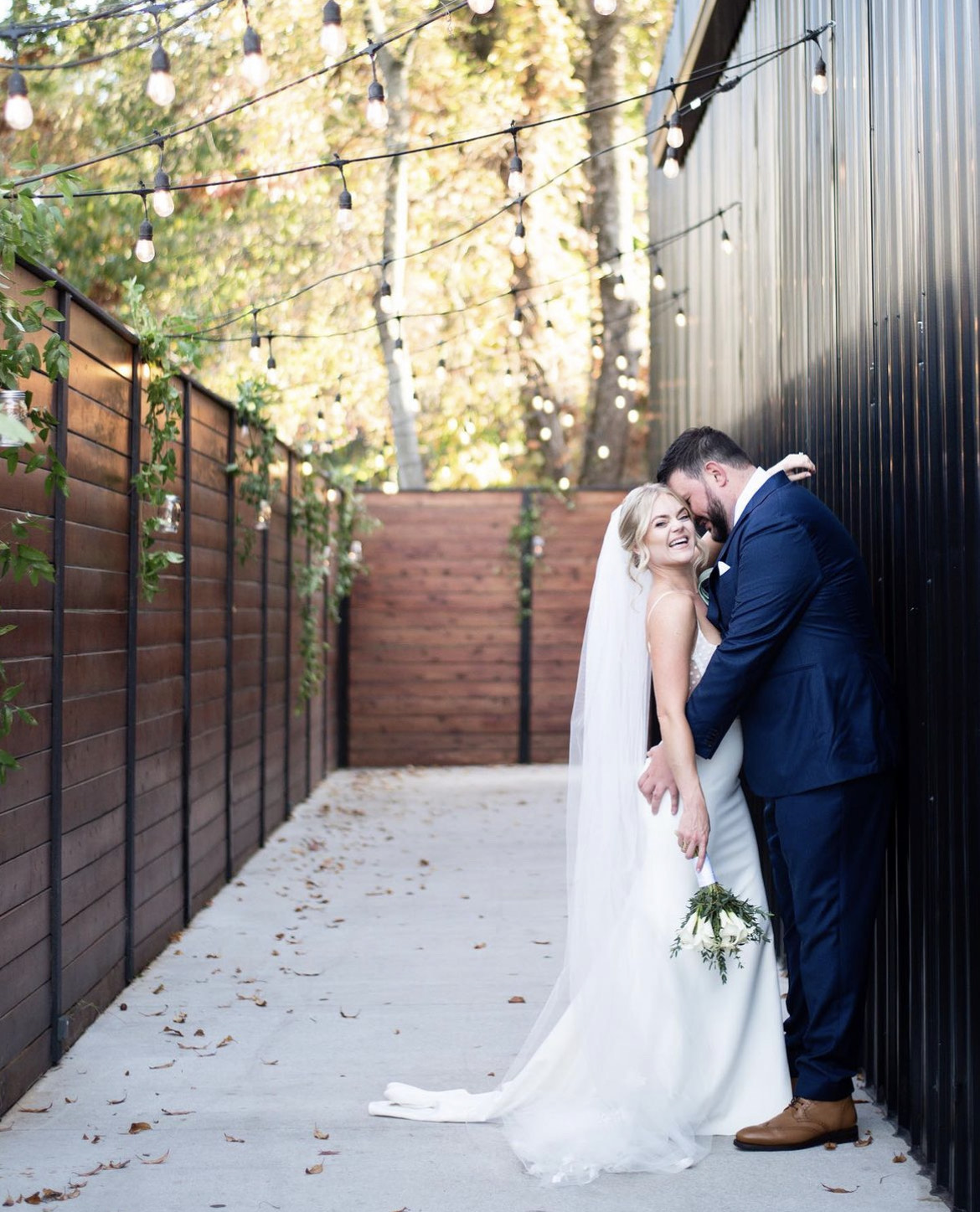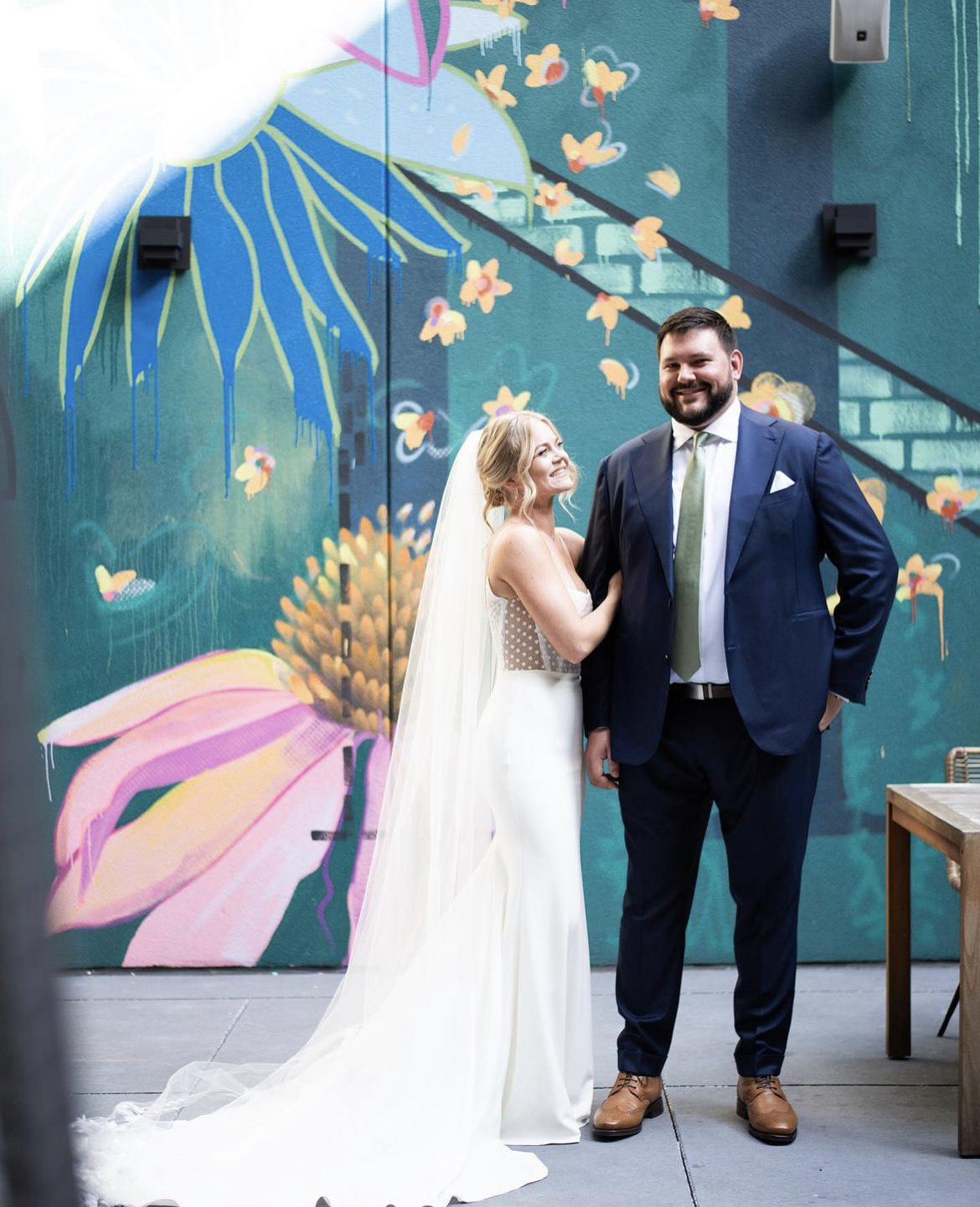


Do I Need a Wedding Planner? A Guide for Prospective Brides
What Does a Wedding Planner Do?
1. Budget Management
- Initial Consultation: Wedding planners conduct a thorough consultation with couples and/or one fiancée to understand your vision, priorities, and financial constraints.
- Budget Allocation: They help allocate your budget to different aspects of the wedding, providing guidance on where to prioritize spending and where to potentially cut costs.
- Negotiation Skills: Wedding planners use their industry connections and negotiation skills to secure the best deals from vendors, ensuring you get value for your money.
- Track Expenses: Throughout the planning process, they keep detailed records of expenses, providing you with a clear overview of your spending.
2. Vendor Selection
- Vendor Research: Wedding planners leverage their experience and network to research and recommend reputable vendors that align with your style and budget.
- Vendor Meetings: They schedule and attend meetings with vendors, helping you navigate contracts, understand services, and make informed decisions.
- Price Negotiation: Wedding planners negotiate prices and terms with vendors to ensure you get the best possible deals without compromising on quality.
- Coordinate Vendor Team: On the wedding day, they coordinate with all vendors to ensure everyone is on the same page and the event runs smoothly.
3. Timelines and Schedules
- Detailed Planning: Wedding planners create a comprehensive timeline for the entire wedding planning process, including key milestones and deadlines.
- Wedding Day Schedule: They develop a detailed schedule for the wedding day, accounting for every activity, from hair and makeup to the last dance.
- Communication with Vendors: Wedding planners communicate the schedule to all vendors, ensuring everyone is aware of their roles and the timing of their contributions.
- Adaptability: If unexpected delays or issues arise, wedding planners adjust the schedule on the fly, keeping everything on track.
4. Creative Input
- Thematic Development: Wedding planners work closely with you to understand your vision and theme, providing creative input to enhance and bring your ideas to life.
- Design Concepts: They suggest design concepts for decor, floral arrangements, and overall aesthetics, ensuring a cohesive and visually stunning event.
- Source Unique Elements: Whether it’s custom signage, unique centerpieces, or personalized favors, wedding planners source and coordinate the implementation of creative elements.
5. Problem Solving
- Quick Decision-Making: Wedding planners are adept at making quick, informed decisions to address unexpected issues or changes in plans.
- Contingency Plans: They proactively create contingency plans for common challenges, such as inclement weather, vendor cancellations, or logistical issues.
- Crisis Management: In the event of unforeseen challenges, wedding planners handle issues discreetly and efficiently, shielding you from unnecessary stress.
- Resourcefulness: Wedding planners use their experience and resourcefulness to find solutions, ensuring that the wedding day proceeds as smoothly as possible.
6. Day-Of Coordination
- Vendor Coordination: On the wedding day, wedding planners coordinate with all vendors, ensuring they arrive on time, set up appropriately, and adhere to the schedule.
- Guest Assistance: They assist guests with any inquiries, helping them find their seats, directing them to amenities, and ensuring overall comfort.
- Emergency Response: Wedding planners are on standby to address any emergencies, from wardrobe malfunctions to unforeseen weather changes.
- Timeline Execution: They execute the wedding day timeline meticulously, ensuring a seamless flow of events and allowing you to focus on enjoying the celebration.
In essence, a wedding planner serves as a guide, coordinator, creative partner, and problem solver throughout the entire wedding planning process. Their multifaceted role aims to make your journey to the altar as smooth, enjoyable, and stress-free as possible.
Now, let’s consider whether you need a wedding planner.
Now, let's consider whether you need a wedding planner.
1. Your Available Time
- Work Commitments: Consider the demands of your work schedule. Finding time for wedding planning tasks can be challenging enough – even more so if your job requires long hours or frequent travel,
- Family and Personal Commitments: Assess your family commitments and personal life. If you have young children, ongoing family responsibilities, or other significant commitments, a wedding planner can alleviate the time pressure.
- Other Responsibilities: Factor in other responsibilities such as volunteer work, community involvement, or personal projects that might limit the time you can dedicate to wedding planning.
- Benefits of a Wedding Planner: A wedding planner can handle various tasks, from researching vendors to attending meetings, saving you time and ensuring the planning process progresses smoothly.
2. Wedding Size and Complexity
- Guest List Size: The larger the guest list, the more details and logistics there are to manage. If you’re planning a sizable wedding, a planner can efficiently coordinate the various aspects involved.
- Number of Vendors: If you’re working with multiple vendors, such as florists, caterers, and musicians, the coordination can become complex. A wedding planner has experience managing these relationships.
- Venue Logistics: Certain venues may have specific logistical challenges, and a wedding planner is adept at navigating these complexities to ensure a seamless event.
- Benefits of a Wedding Planner: For intricate and large-scale weddings, a planner’s organizational skills and industry knowledge can be invaluable in orchestrating a cohesive and well-executed event.
3. Experience and Expertise
- Event Planning Background: Assess your experience in event planning. If you have a background in organizing events or access to a strong support network with event planning expertise, you may feel more confident taking on the planning yourself.
- Wedding Planning Knowledge: Consider your familiarity with the wedding planning process, including vendor selection, contract negotiation, and day-of coordination.
- Benefits of a Wedding Planner: If you lack experience or want professional guidance, a wedding planner brings industry expertise, vendor relationships, and a structured approach to the planning process.
4. Stress Tolerance
- Personal Stress Threshold: Evaluate how well you handle stress. Wedding planning involves numerous details, unexpected challenges, and emotional moments. If you prefer a more relaxed approach, a wedding planner can handle the stress on your behalf.
- Peace of Mind: A wedding planner’s role is to alleviate stress by managing logistics, troubleshooting issues, and ensuring everything runs smoothly. Their presence allows you to enjoy the planning process and the wedding day itself.
5. Budget
- Budget Considerations: Assess your wedding budget and determine whether allocating funds for a wedding planner aligns with your overall financial plan.
- Cost-Benefit Analysis: Consider the potential cost savings and efficiencies a wedding planner can provide. They may secure vendor discounts, help avoid costly mistakes, and streamline the planning process.
- Benefits of a Wedding Planner: While there is an additional cost, many couples find that the benefits in terms of time saved, stress reduction, and the overall success of the event outweigh the expense.
6. Creative Input
- Personal Vision: Reflect on how clear your vision is for the wedding. If you have a specific theme, style, or creative concept in mind and enjoy the planning process, you might opt for more hands-on involvement.
- Collaborative Approach: Some couples prefer collaborating with a day-of coordinator, allowing them to handle the planning aspects while benefiting from professional oversight on the wedding day.
- Benefits of a Wedding Planner: For couples who want to focus on the creative aspects of the wedding but prefer professional management on the day itself, wedding coordination can strike a balance between personal involvement and expert assistance.
Ultimately, the decision to hire a wedding planner is a personal one. Evaluate your available time, the complexity of your wedding, your stress tolerance, and your budget. Wedding planners can make the planning process smoother and your big day more enjoyable. However, if you’re a hands-on bride who relishes the creative aspects of planning, you might find fulfillment in managing the process yourself so perhaps enlisting just wedding coordination services is more suitable for you. Regardless of your choice, remember that your wedding should reflect your style and preferences, and a wedding planner or coordinator is there to support your vision.

